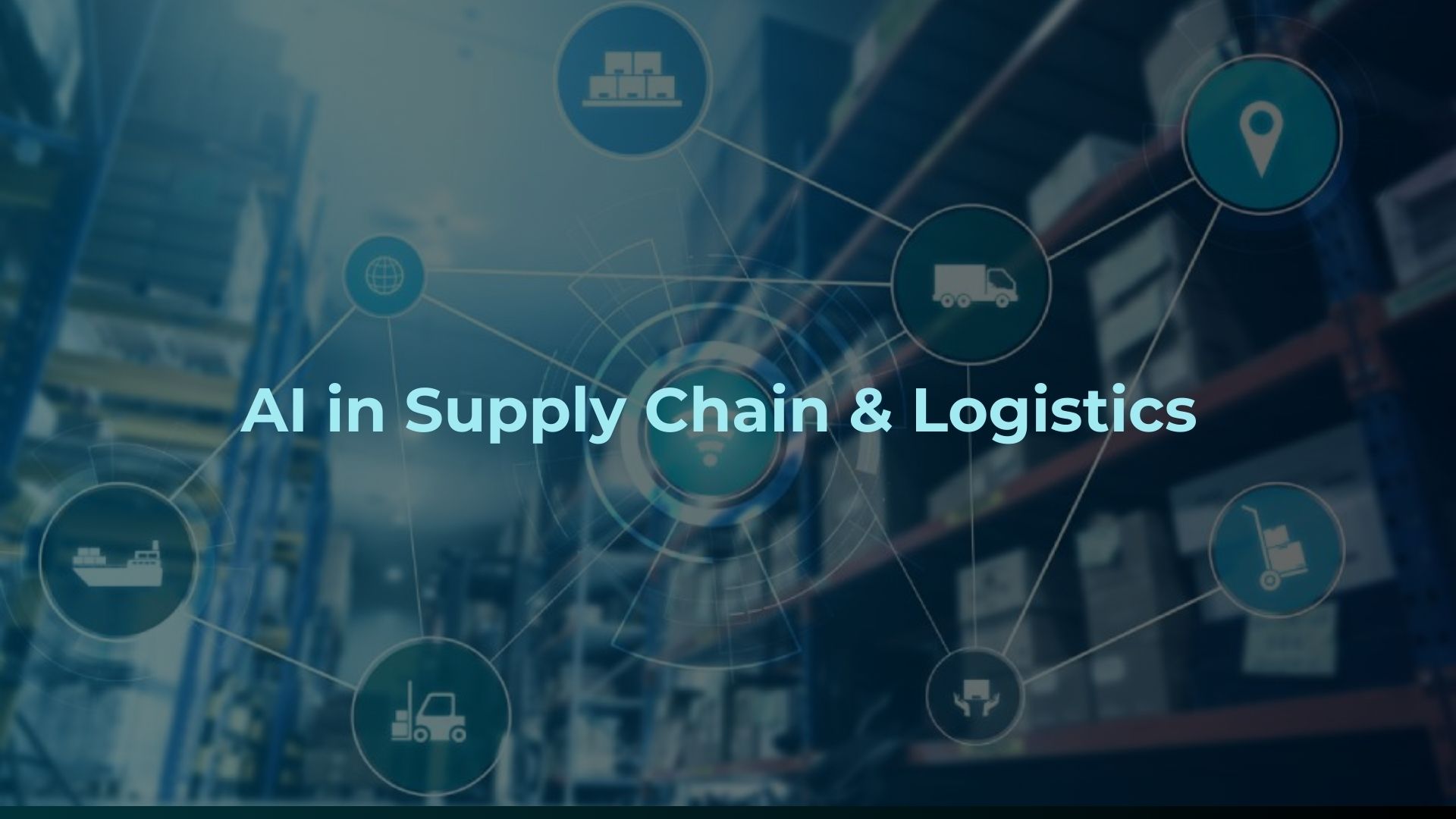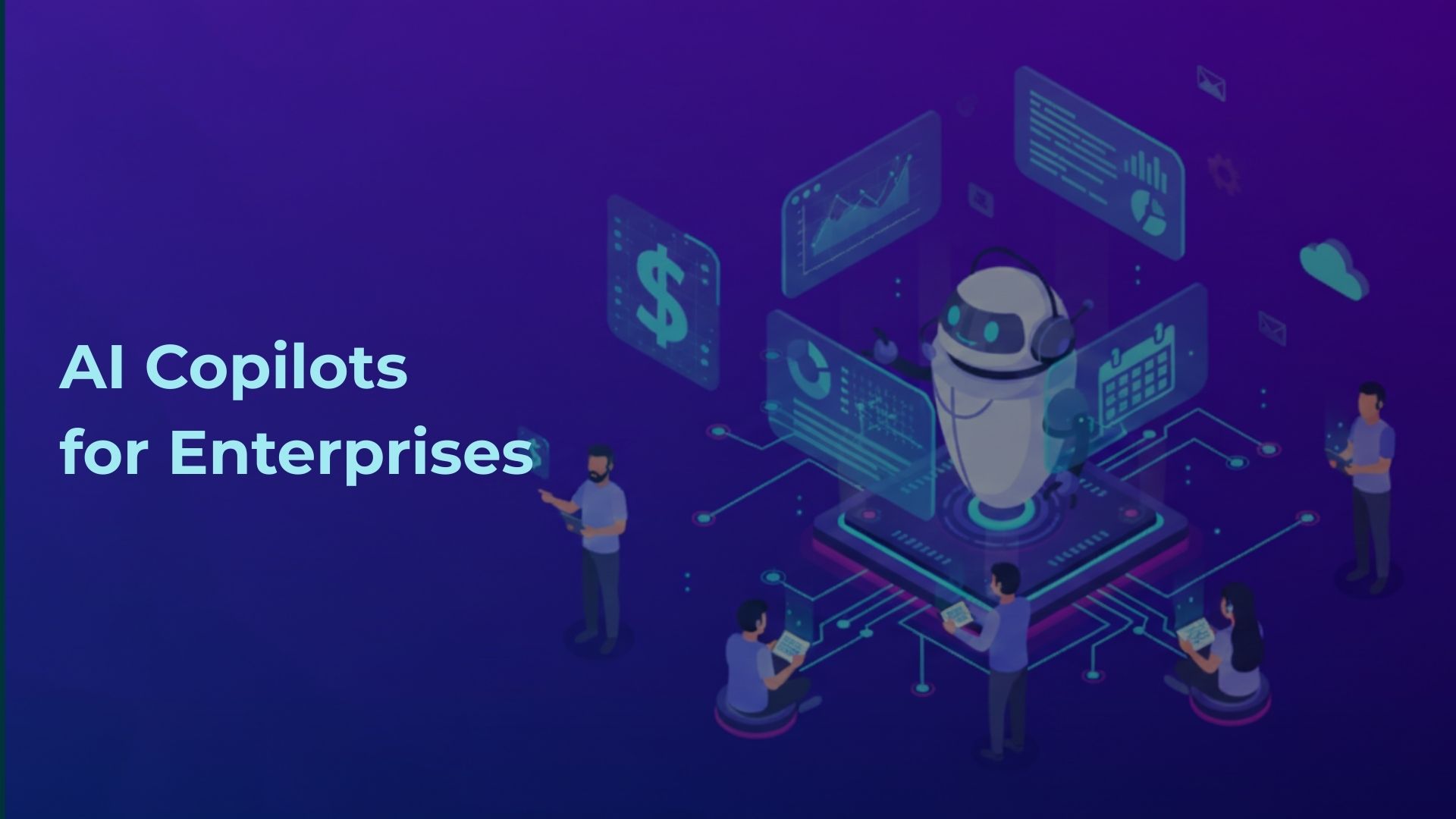Throughout our daily lives, we use more and more artificial intelligence (AI). Explainable AI (XAI) is an answer to this. By making its decisions transparent and understandable, Explainable AI seeks to build human trust and confidence in its abilities. Our blog will go through the benefits of Explainable AI and why businesses should embrace it.
What is Explainable AI (XAI) and Why It Matters
Explainable AI (XAI) is an AI system that is designed to provide understandable and transparent explanations of its decision-making processes. It is an approach that focuses on making AI systems more transparent and accountable to human users.
The Benefits of Explainable AI are numerous. By providing clear and understandable explanations of the reasoning behind its decisions, XAI can increase user trust and confidence in AI systems. It can also enable better decision-making and facilitate collaboration between humans and AI.
However, there are Challenges of Explainable AI. The complexity of many AI models can make it difficult to provide understandable explanations, and the need for explanations may be at odds with the need for accuracy and efficiency in certain applications. This can require the use of specific Techniques for Explainable AI, such as simplifying models, incorporating visual aids, and using natural language explanations.
Overall, the importance of XAI in business cannot be overstated. As AI becomes more prevalent in decision-making processes, it is essential that businesses prioritize transparency and accountability. With XAI, businesses can reap the benefits of AI while maintaining human oversight and control, which is crucial for building trust and avoiding potential legal and ethical issues.
The Growing Importance of XAI in Business
The Benefits of Explainable AI are many. XAI provides businesses with a clear and transparent view of how algorithms are arriving at decisions. This is especially crucial in highly regulated industries, such as finance and healthcare, where explainability is essential to regulatory compliance. It can also help companies avoid costly errors that can result from poorly understood algorithms.

Explainable AI (XAI) is no longer a luxury, but a necessity for businesses in the modern age. As AI becomes increasingly embedded in business operations, it’s vital for companies to understand how decisions are being made, and why. This is where XAI comes in.

However, the Challenges of Explainable AI should not be underestimated. Developing techniques for XAI requires deep expertise in machine learning, statistics, and data visualization. It can be challenging to explain the complex inner workings of AI algorithms in a way that non-experts can understand. Nonetheless, it’s crucial for businesses to tackle these challenges to benefit from XAI.
Techniques for Explainable AI include model-agnostic methods, such as local interpretable model-agnostic explanations (LIME), and model-specific methods, such as decision tree induction. These techniques help to generate transparent and intuitive explanations of AI predictions, which can be readily understood by human decision-makers.
Ultimately, XAI is an important tool that businesses can use to build trust and accountability in AI. As AI becomes increasingly integrated into business operations, explainability will become a key factor in ensuring that companies can use AI ethically and responsibly. The growing importance of XAI means that businesses must invest in developing these techniques to reap the benefits of AI while avoiding the risks.
How XAI Helps Businesses in Decision-Making
As businesses increasingly rely on artificial intelligence (AI) for decision-making, it’s crucial that the AI systems used are explainable. XAI can help businesses in several ways.
First, XAI enables businesses to understand why an AI system made a particular decision. This transparency allows companies to identify any biases or errors in the decision-making process. For example, a hiring algorithm may be unintentionally biased against women, and XAI can reveal this so that corrective action can be taken.
Second, XAI provides a way for businesses to communicate the reasoning behind AI decisions to customers, regulators, and other stakeholders. This transparency can improve trust in the company and prevent misunderstandings or misinterpretations.
However, there are challenges to implementing XAI in business. One of the main challenges is the complexity of many AI systems, which can make it difficult to explain how they arrive at a decision. Techniques for explainable AI, such as decision trees and rule-based systems, can help to address these challenges.
Overall, XAI can help businesses make better decisions by improving transparency and reducing bias. As the use of AI continues to grow, it’s important that companies prioritize the adoption of explainable AI.
The Risks of Non-explainable AI
The use of non-explainable AI in business operations comes with a number of inherent risks and challenges. One of the biggest challenges of explainable AI is its opacity, or the inability to understand how decisions are being made by the algorithm. Non-explainable AI models rely heavily on deep learning algorithms, which are designed to automatically learn and improve from experience without being explicitly programmed.
While this approach can be incredibly powerful and efficient, it can also lead to problems when trying to understand and explain the reasoning behind the algorithm’s decisions. Non-explainable AI models can often be seen as a “black box”, where inputs go in and outputs come out, but it is unclear how these decisions are being made.
This can be especially problematic in industries such as healthcare, finance, and legal, where decision-making must be transparent and understandable. Non-explainable AI models can make decisions that are unfair or biased, and can also make mistakes that are difficult to detect or correct. This lack of transparency and accountability can lead to a lack of trust in the technology, and can also put businesses at risk of lawsuits or other legal action.
In contrast, explainable AI models provide a more transparent and understandable approach to decision-making. These models can provide clear explanations for why a certain decision was made, making it easier for businesses to understand and evaluate the accuracy of the algorithm’s decisions. This transparency also makes it easier to identify and correct biases or errors in the decision-making process, leading to a more fair and equitable outcome for all involved.
Overall, while non-explainable AI models may offer some benefits in terms of efficiency and speed, the risks and challenges of using this technology are too great for most businesses to ignore. Embracing explainable AI models can help businesses to make more informed and accurate decisions, while also ensuring transparency and accountability in the decision-making process.
Ethical Considerations and Accountability in AI
As with any emerging technology, there are ethical considerations and questions of accountability that arise with the use of AI. These considerations become even more significant with non-explainable AI, which lacks transparency and makes it difficult to determine how decisions are being made.
For example, imagine a business that uses AI to screen job applications and selects candidates based on various criteria. If the AI is non-explainable and rejects certain applicants, it may be difficult to determine whether bias or discrimination played a role in the decision-making process.
This is where XAI becomes essential for businesses to maintain ethical standards and ensure accountability. XAI makes it possible to understand how AI systems arrive at their conclusions and identify any potential biases or errors in the decision-making process.
It is also important for businesses to consider the impact of AI on society and the potential for unintended consequences. For example, an AI system that predicts criminal behavior could lead to discriminatory treatment of certain groups, perpetuating existing biases and inequalities.
As AI becomes increasingly prevalent in business operations, it is crucial for companies to establish clear guidelines and accountability mechanisms for the use of these systems. This includes ongoing monitoring and evaluation of AI systems to ensure they align with ethical and social values and principles.
By embracing XAI and incorporating ethical considerations and accountability measures into their AI strategies, businesses can maximize the benefits of AI while minimizing potential harm and risk.
Real-world Applications of XAI in Business
As businesses increasingly adopt artificial intelligence (AI) to optimize their operations, there is a growing demand for Explainable AI (XAI) to provide transparent insights into how AI models make decisions. Here are some real-world examples of how businesses are leveraging XAI to drive innovation and stay ahead of the competition:
- Fraud Detection and Prevention:
Banks and financial institutions use AI algorithms to identify fraudulent transactions. However, these algorithms can generate false positives or miss genuine fraud, resulting in revenue loss and damage to the reputation of the organization. XAI helps identify the reasons behind the algorithm’s decision-making, helping businesses refine their models and optimize their fraud prevention strategies.
- Medical Diagnosis and Treatment:
XAI can help medical professionals interpret complex medical data and support decision-making in diagnosis and treatment. With XAI, healthcare professionals can explain why a particular diagnosis was reached and provide patients with an understandable explanation. This helps to build trust and understanding between doctors and patients.
- Customer Service:
Customer service organizations can use XAI to build conversational agents, such as chatbots, that can provide personalized customer service experiences. XAI provides transparency into the agent’s decision-making process and offers suggestions on how to improve the interaction based on customer feedback.
- Hiring and Recruiting:
Many businesses use AI-powered tools for screening resumes and identifying qualified candidates. XAI can help HR teams identify the factors behind the model’s recommendations, thereby ensuring transparency and fairness in the recruitment process.
- Supply Chain Optimization:
XAI can be used to optimize supply chain processes such as demand forecasting, inventory management, and logistics optimization. XAI models provide actionable insights into decision-making that can help businesses streamline operations, improve delivery times and reduce costs.
In today’s business landscape, XAI is becoming increasingly important. By embracing XAI, businesses can gain valuable insights into their AI models and optimize their decision-making. XAI also ensures transparency, fairness, and ethical accountability, helping businesses build trust with their customers, employees, and other stakeholders. Therefore, it is imperative for every business to adopt XAI and take advantage of its numerous benefits.
Future Outlook and Adoption of XAI in Business
As businesses continue to embrace automation and AI-powered decision-making, Explainable AI (XAI) is set to become increasingly important in the coming years. Experts predict that by 2025, XAI will be a $2.65 billion market, up from just $50 million in 2019.
One of the key factors driving the adoption of XAI is the increasing importance of transparency and accountability in AI-powered decision-making. As more and more businesses rely on AI to make critical decisions, stakeholders are demanding more visibility into how those decisions are being made.
Additionally, regulators are beginning to take notice of the risks associated with non-explainable AI, and are pushing for increased transparency and accountability. In the EU, for example, the General Data Protection Regulation (GDPR) includes provisions around the “right to explanation” in automated decision-making.
The adoption of XAI in business will also be driven by its ability to deliver real-world benefits. By making AI-powered decision-making more transparent and understandable, XAI can help businesses improve decision quality, reduce errors, and identify and mitigate bias.
Looking ahead, we can expect to see XAI become a standard component of many AI solutions. As more businesses recognize the benefits of transparency and accountability, they will increasingly demand XAI capabilities from their AI providers. This will in turn drive the development of new XAI technologies and solutions, further fueling the growth of the XAI market.
Ultimately, XAI represents a critical step towards building more ethical, transparent, and accountable AI-powered decision-making systems. As such, businesses that embrace XAI will be well-positioned to thrive in an increasingly automated and data-driven world.
Visit Internet Soft for the latest tech trends and insights around AI, ML, Blockchain, along with NeoBanking and timely updates from industry professionals!
Need assistance or have questions? Reach out us at Sales@internetsoft.com.






